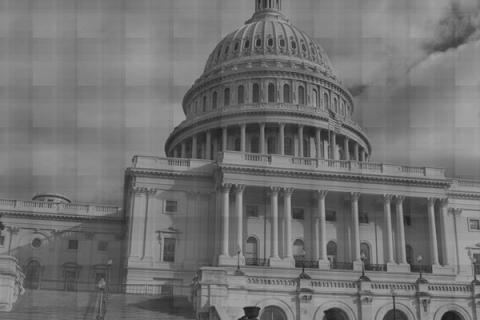This time last year, we reported on the success of drug decriminalization in Portugal ten years earlier. But if there's any doubt that decriminalization would be as effective here in America, look no further than the more recent success of Philadelphia, which effectively decriminalized marijuana possession in small amounts last June. One year later, Philadelphia District Attorney Seth Williams estimates the city has saved $2 million.
When not only marijuana, but all drugs, were decriminalized in Portugal a decade ago, "there were warnings the policy would be disastrous and that the country would become a European haven for drugs tourism." Everyone's worst fears turned out in the end to be unfounded. As we reported last year, after a decade of drug decriminalization, none of the dire predictions came to pass:
"Portugal has not only managed to avoid becoming a festering, unsavory trainwreck of rampant drug addiction and ruined lives- its drug situation has actually improved. By all indications, the country has more positive statistics on drug use than any other in the Eurozone as well as compared to the United States."
But would the experiment in drug decriminalization have the same results in the United States, with a larger population, more dense urban areas, and a different culture, history, and geographic orientation? Philadelphia's year-long experiment in marijuana decriminalization could be one indication that the answer is yes. Last June, the city effectively decriminalized marijuana with the SAM (Small Amount of Marijuana) program, which turned possession of 30 grams of the plant, or less, into a summary offense instead of a misdemeanor.
Before the SAM program, Philadelphia spent thousands of dollars prosecuting each case of $10 or $15 worth of marijuana in someone's pocket. Taxpayers were footing the bill for trials, judges, court-appointed defense attorneys, prosecutors, lab tests to confirm that the seized plant was in fact marijuana, and overtime pay for testifying police officers. Now, offenders simply pay a $200 fee to attend a 3-hour class on the dangers of drug abuse, and their record is expunged. DA Williams said "We were spending thousands of dollars for when someone possessed $10 or $15 worth of weed. It just didn't make sense," estimating that 12 months of decriminalization has saved the city $2 million.
But has Philadelphia become a haven for crime, marijuana use, or drug tourism? It looks like the answer is no. Philadelphia police have told the Philadelphia Daily News "that there has been no noticeable impact on the quality of life in Philadelphia since the program went into effect." Marijuana prohibition isn't merely expensive, all evidence seems to indicate that it doesn't keep our streets any safer either, or help reduce the harm that comes from drug abuse. DA Williams, echoed a line that we are starting to hear more and more from experts, politicians, and even people like Williams who work in the criminal justice system:
"I can put someone in jail for 90 days because they possess crack. But if we don't get them the help they need for their addiction, when they get out of jail, they're just going to be a 90-day-older crack addict. We have to treat drug addiction as a public-health problem, not just a criminal-justice problem."
As the Philadelphia Daily News says, Seth Williams just "gets it."

